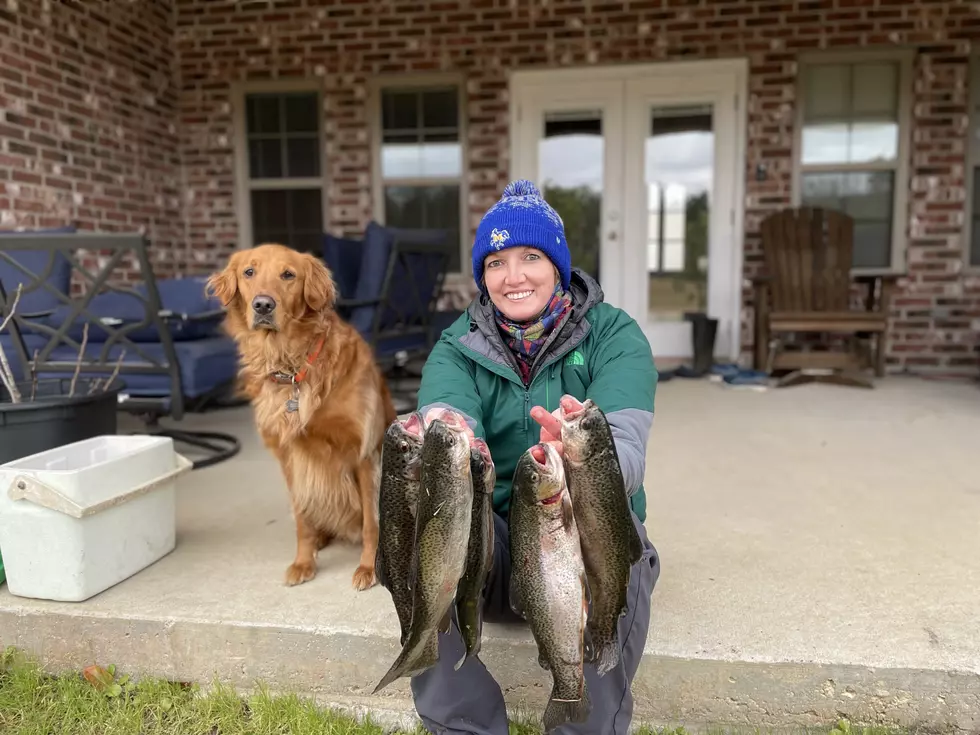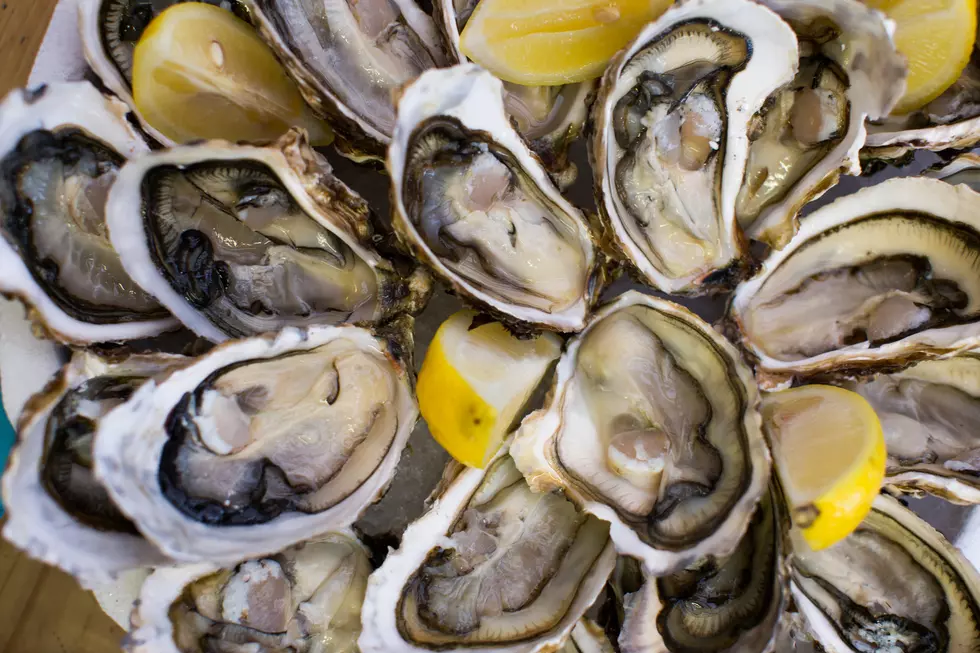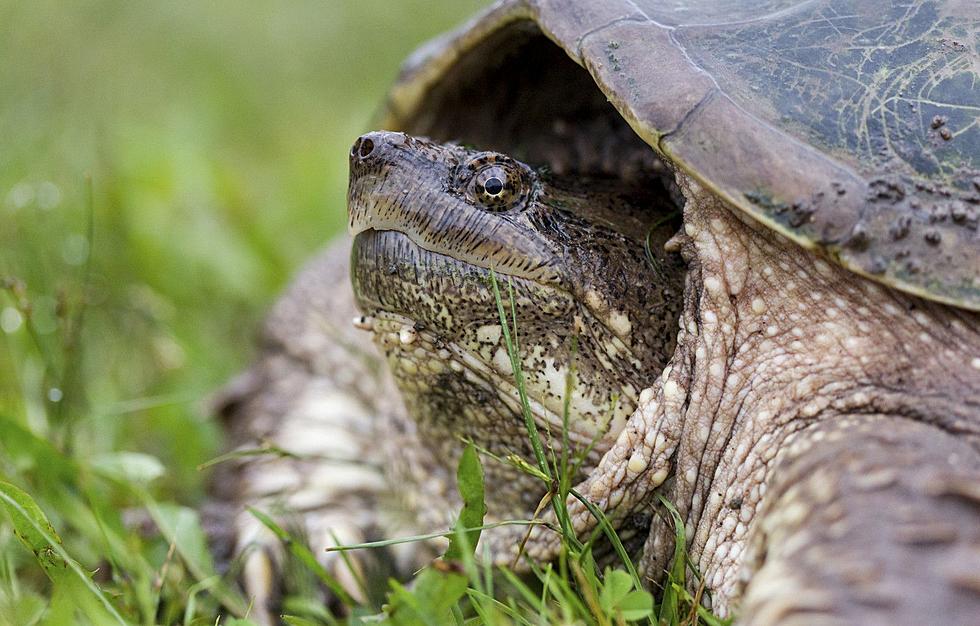
Could New Plan to Save Louisiana’s Coast Be Deadly for Dolphins?

We're all pretty used to the fight between environmentalists and industrialists. It's been going on as far back as I remember, and it seems like it's going to go on forever. When you think about it, it's pretty tough to choose between making man's ambitious plans a reality and keeping our home planet (and everyone/everything that calls it home) safe.
What you may not realize is that sometimes there is a fight amongst the environmentalists themselves on just which direction is more important in the fight for mother nature. For example, the current tug-of-war over the restoration of Louisiana's quickly-disappearing coastline. Scientists with the United States Geological Survey (USGS) hypothesize that major shifts in the course of the mighty Mississippi River have been accelerating the erosion of barrier islands and the coast of Louisiana's mainland. Their current estimates put loss of land at roughly 20 meters (about 65 and 1/2 feet) per year. At that rate, they say that some of the barrier islands will disappear completely by the end of the century.
To slow the disintegration of the southern parts of our state, a 50-year proposed diversion of the river to redirect sediment has been presented. That plan would restore the natural process that made the land in the Barataria basin. According to WLOX, that area has lost more than 276,000 acres of land to erosion since 1938. The deposited river sediment would theoretically stop and possibly even reverse the loss of land.
Unfortunately, marine biologists like the Director of the Institute for Marine Mammal Studies Dr. Moby Solangi say that the plan would be devastating to dolphins who love near the Louisiana coast. The plan would redirect river water to the affected area, but sediment isn't the only thing that would be released into the waters. Fresh water and pollutants are the issue, and Solangi says that it would be devastating.
Not only would our beloved dolphins be in danger, but the move could also put fishing, shrimping, oyster-harvesting, and more seafood related industries in jeopardy as well. Luckily, there is plenty of time to refine the plan or to come up with a completely new plan as the draft for this method of costal restoration won't be finished until late 2022.
Read More: Most Dangerous Louisiana Creatures
LOOK: Here are the 50 best beach towns in America
More From Highway 98.9









